
Menopause
Embrace your journey. Protect your future health.
Understanding Menopause
Knowing more about menopause and how to manage the accompanying physical, mental and emotional changes will help women go through this new phase of life
What happens to your body during menopause?
The symptoms and changes during menopause are caused by the decline of oestrogen which can have some effects on the body 2,5
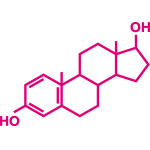
A group of hormones produced mainly in the ovary which are responsible for a women’s feminine characteristics. [6,10,11]
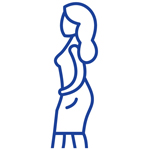
Menopause may cause hot flushes and night sweats as well as joint stiffness, aches and pains. You may also experience breast tenderness and fatigue. [3-6]
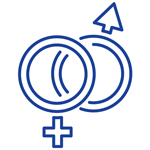
Menopause can cause reduced sex drive. [2,4]

The vagina wall becomes dry, thin and less elastic. There may also be vaginal itching or burning. These make sexual intercourse painful and uncomfortable, which reduces sex drive. Urinary tract infections may rise due to thinning of the urethra. [3-6]
Lifestyle modifications to manage menopause symptoms
If your symptoms persist despite lifestyle changes, consult your doctor to determine if you are suitable for menopause therapy
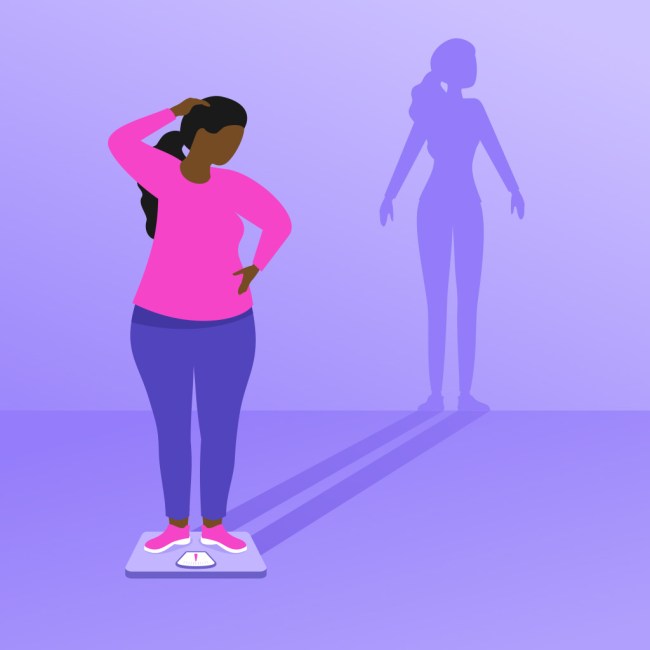
Maintain a healthy weight
Weight gain might increase the severity of vasomotor symptoms (e.g. night sweats and hot flushes).8,12
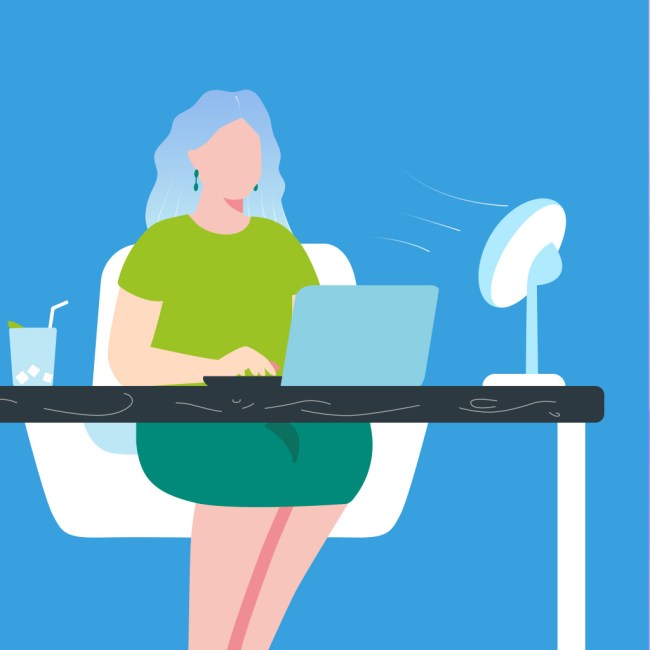
Keep cool
An increase in body temperature can trigger vasomotor symptoms. Wear light and breathable clothing, use a hand fan, keep cool at night and drink cool liquids such as iced water.12

Avoid triggers of vasomotor symptoms
Some women are able to identify triggers for their vasomotor symptoms. These may include spicy foods, smoking or alcohol.12

Explore mind-and body-based therapy and practices
Cognitive behavioural therapy is effective at reducing the impact of vasomotor symptoms and at improving sleep and general wellbeing. Yoga may help with sleep disturbance, and paced breathing may help manage anxiety.12

Protect your mental health
Be aware that mood changes are one of the symptoms of menopause. Make sure you get sufficient sleep, keep your stress levels under control and reach out to others if you need support.13
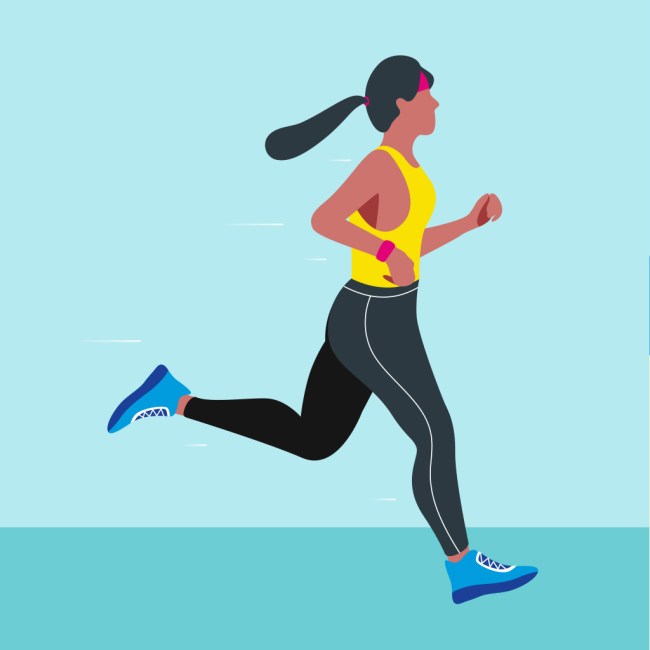
Exercise regularly
Exercise can improve quality of life, cognitive functioning, depression, sleep patterns, fatigue, bone density and body weight maintenance.12
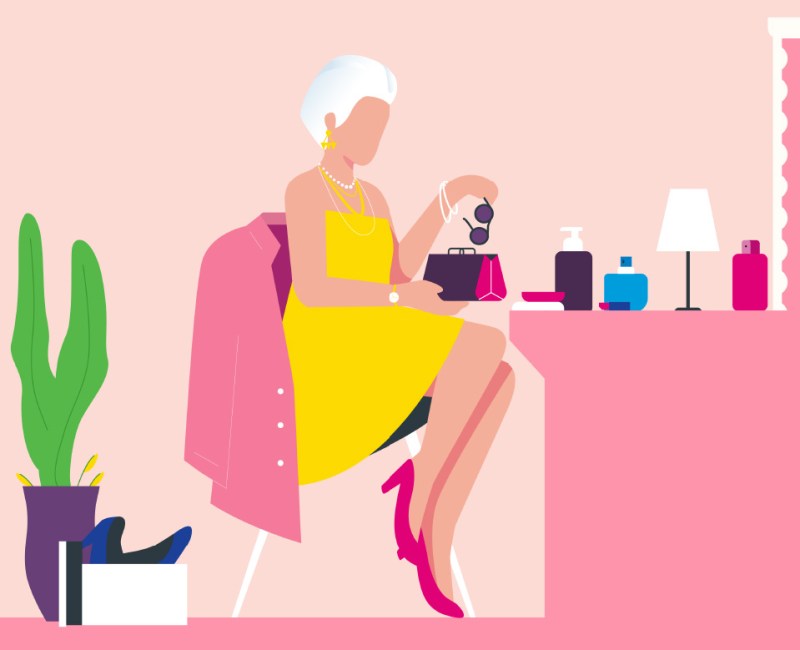
Getting to know menopausal hormone therapy (MHT)
MHT is a general term used to describe hormone therapy used to relieve menopausal symptoms that respond to oestrogen, such as hot flushes, sleep disturbances, mood swings/depression and joint aches/pain.5

Concerns about menopausal hormone therapy (MHT)
MHT must be used under your doctor’s supervision to prevent the risk of complications.5,16

Complete this questionnaire and take it with you to your doctor to discuss your menopause symptom score and treatment options.
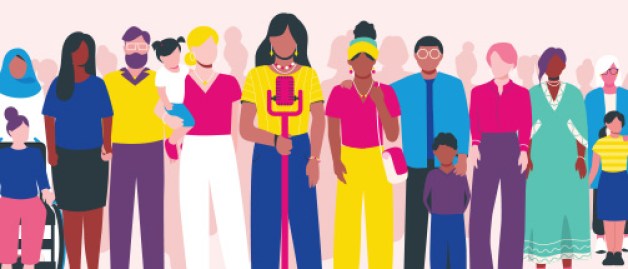
At Organon, we are committed to making sure your perspective is heard, loud and clear, share your voice with us.
To report an Adverse Event or Product Quality Complaint with a specific Organon product, please contact dpoc.zaf@organon.com.
REFERENCES:
- The North American Menopause Society. How will I know I’m in Menopause? Available at: https://www.menopause.org/for-women/menopauseflashes/menopause-symptoms-and-treatments/are-we-there-yet-navigate-now-with-our-guided-menopause-tour. Accessed: August 2022.
- Office on Women’s Health in the Department of Health and Human Services. Menopause Basics. Available at: https://www.womenshealth.gov/menopause/menopause-basics#1. Accessed: August 2022.
- John Hopkins Medicine. Introduction to Menopause. Available at: https://www.hopkinsmedicine.org/health/conditions-and-diseases/introduction-to-menopause. Accessed: August 2022.
- NHS UK. Menopause. Available at: https://www.nhs.uk/conditions/menopause/. Accessed: August 2022.
- Martin KA and Barbieri RL. Treatment of menopausal symptoms with hormone therapy. UpToDate. Available at: https://www.uptodate.com/contents/treatment-of-menopausal-symptoms-with-hormone-therapy?search=treatment-of-menopausal-symptoms-with-hormone%20therapy&source=search_result&selectedTitle=1~150&usage_type=default&display_rank=1. Accessed: August 2022.
- Healthline. What are the symptoms of low estrogen in women and how are they treated? Available at: https://www.healthline.com/health/womens-health/low-estrogen-symptoms#riskfactors. Accessed: August 2022.
- Better Health Channel. Menopause and osteoporosis. Available at: https://www.betterhealth.vic.gov.au/health/conditionsandtreatments/menopause-and-osteoporosis?viewAsPdf=true. Accessed: August 2022.
- Nair PA. Dermatosis associated with menopause. Journal of Mid-life Health. 2014;5(4):168-175.
- College of Obstetricians & Gynaecologists, Academy of Medicine of Malaysia. Clinical Practice Guidelines on Hormone Therapy During Menopause in Malaysian Women. Available at: https://www.moh.gov.my/moh/attachments/5724.pdf. Accessed: August 2022.
- Avendaño C, Menéndez JC. Anticancer drugs that modulate hormone action. In: Medicinal Chemistry of Anticancer Drugs (Second Edition). Elsevier. 2015:81-131.
- Holesh JE, Bass AN, Lord M. Physiology, ovulation. Available at: https://www.ncbi.nlm.nih.gov/books/NBK441996/. Accessed: August 2022.
- Australasian Menopause Society. Lifestyle and behavioural modifications for menopausal symptoms. Available at: https://www.menopause.org.au/images/stories/infosheets/docs/AMS_Lifestyle_and_behavioral_modifications_for_menopausal_symptoms.pdf. Accessed: August 2022.
- Harvard Health Publishing. Menopause and mental health. Available at: https://www.health.harvard.edu/womens-health/menopause-and-mental-health. Accessed: August 2022.
- Guidozzi F, Alperstein A, Bagratee JS, et al. South African Menopause Society revised consensus position statement on menopausal hormone therapy, 2014. S Afr Med J. 2014;104(8):537-543.
- Delmas PD, Davis SR, Hensen J, et al. Effects of tibolone and raloxifene on bone mineral density in osteopenic postmenopausal women. Osteoporos Int. 2008;19(8):1153-1160.
- National Heart, Lung, and Blood Institute. Facts about Menopausal Hormone Therapy. Available at: https://www.nhlbi.nih.gov/files/docs/pht_facts.pdf. Accessed: August 2022.
- Centers for Disease Control and Prevention (CDC). Venous Thromboembolism (Blood Clots). Available at: https://www.cdc.gov/ncbddd/dvt/facts.html. Accessed: August 2022.
- Mayo Clinic. Transient ischemic attack (TIA). Available at: https://www.mayoclinic.org/diseases-conditions/transient-ischemic-attack/symptoms-causes/syc-20355679. Accessed: August 2022.
ZA-NON-110175 09/24